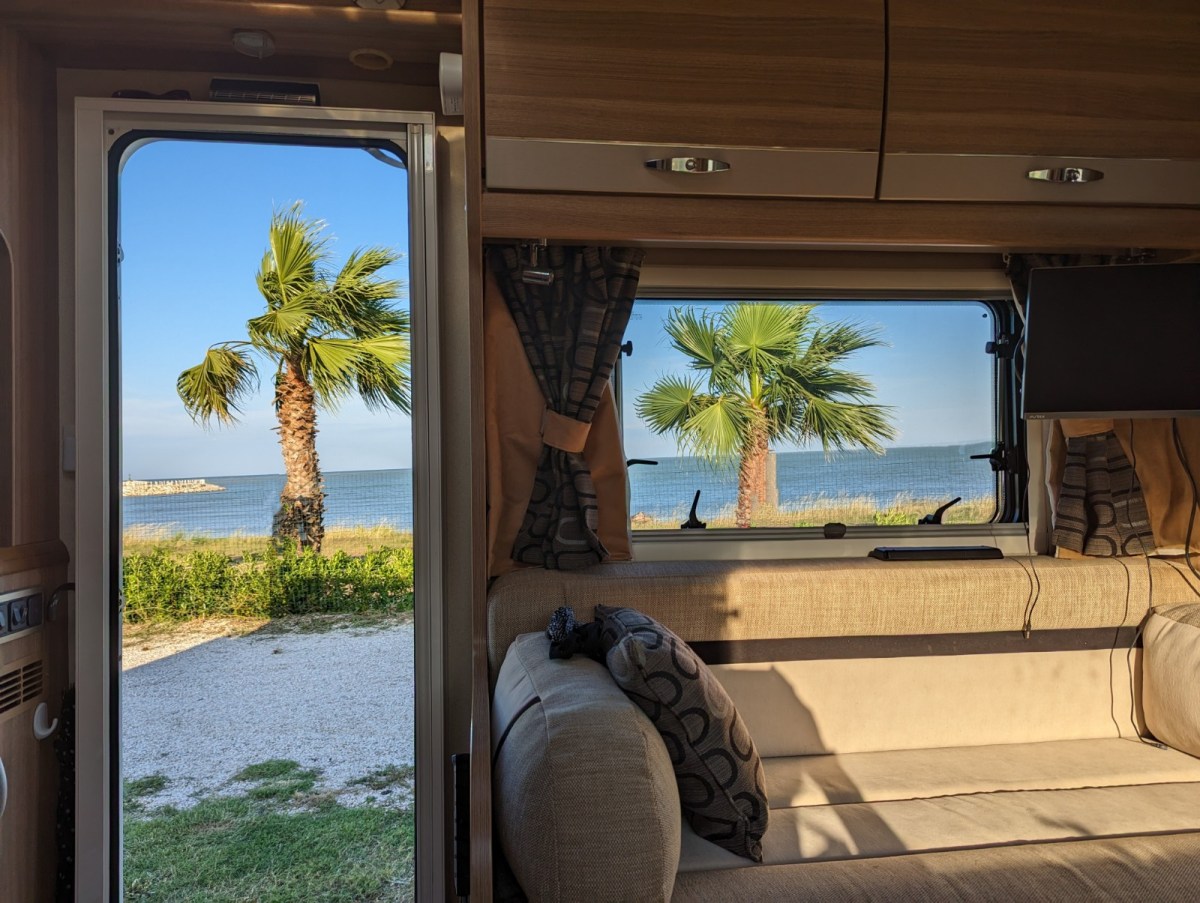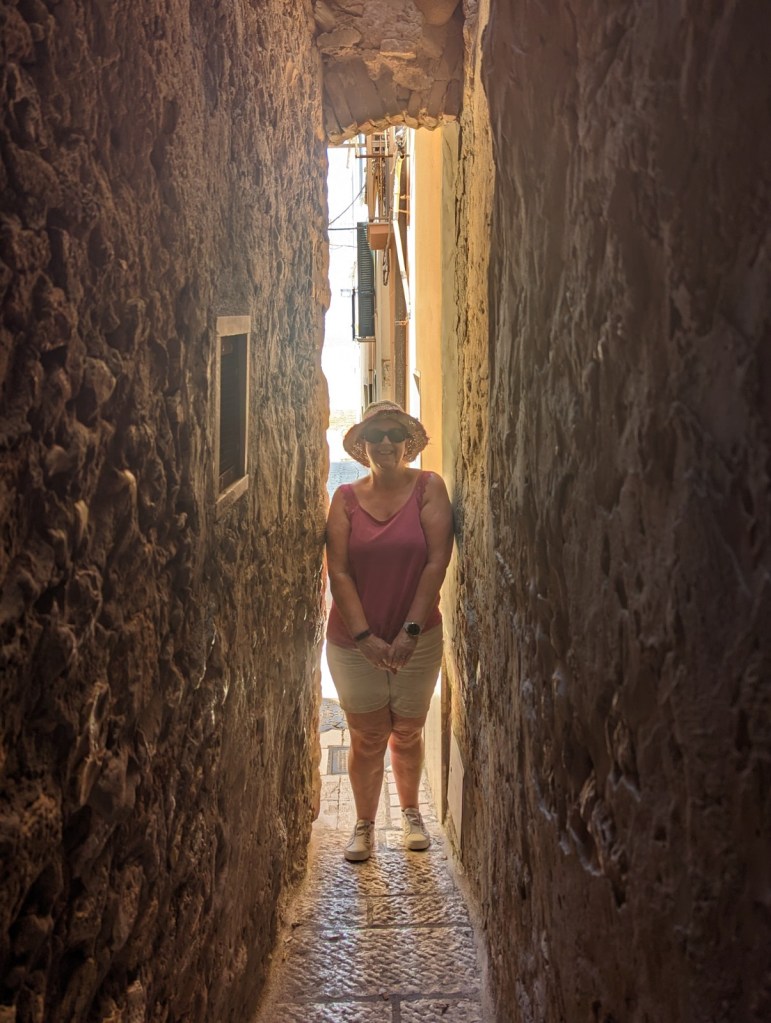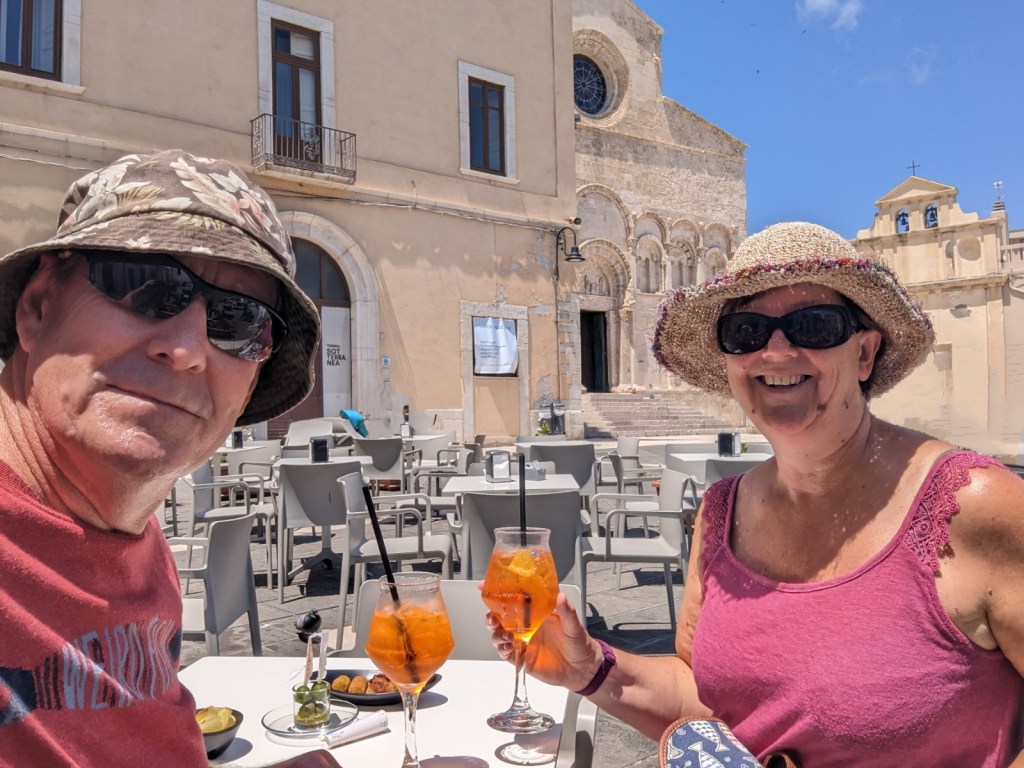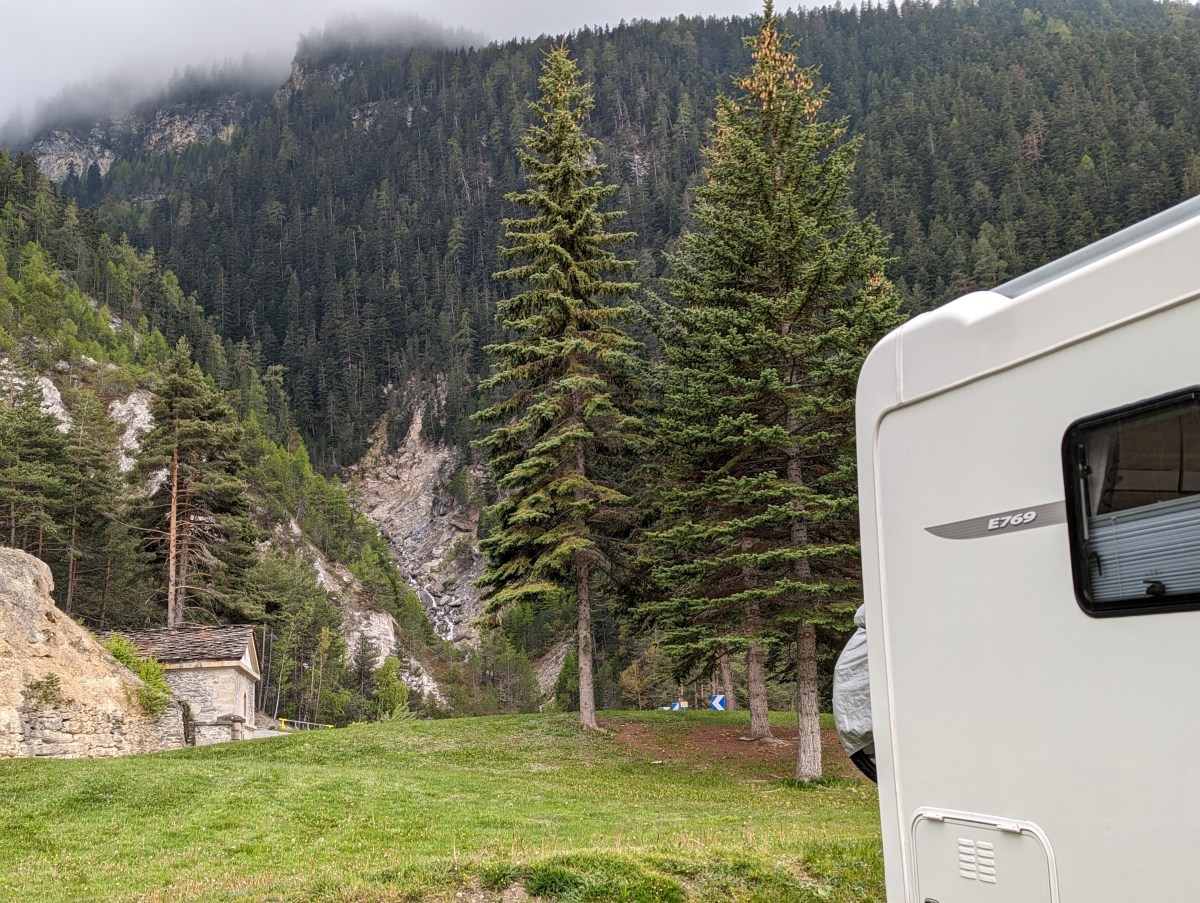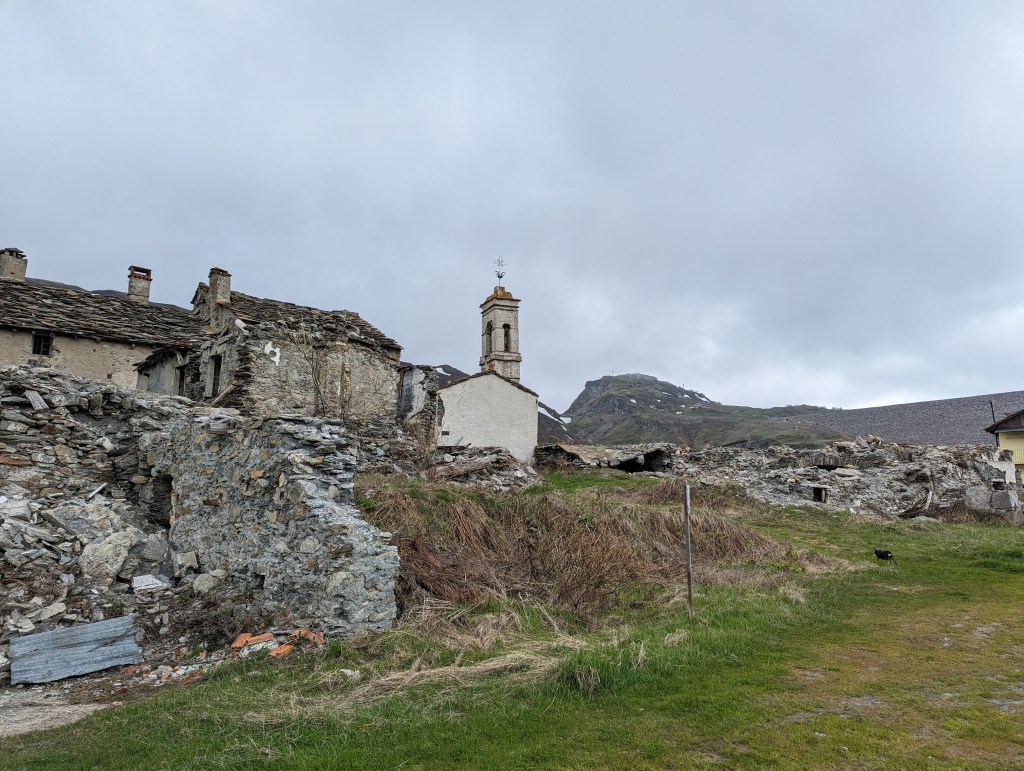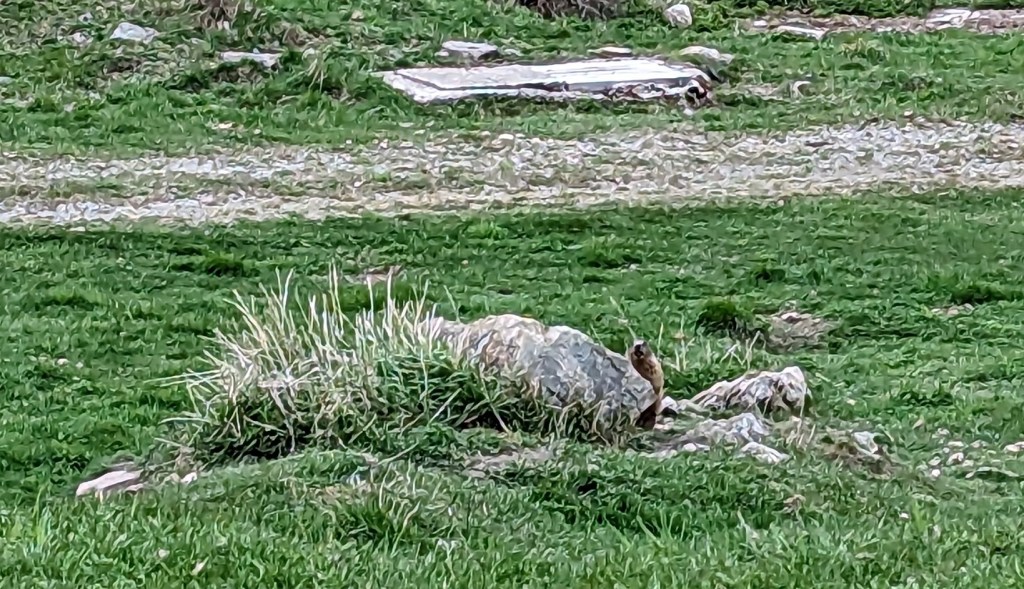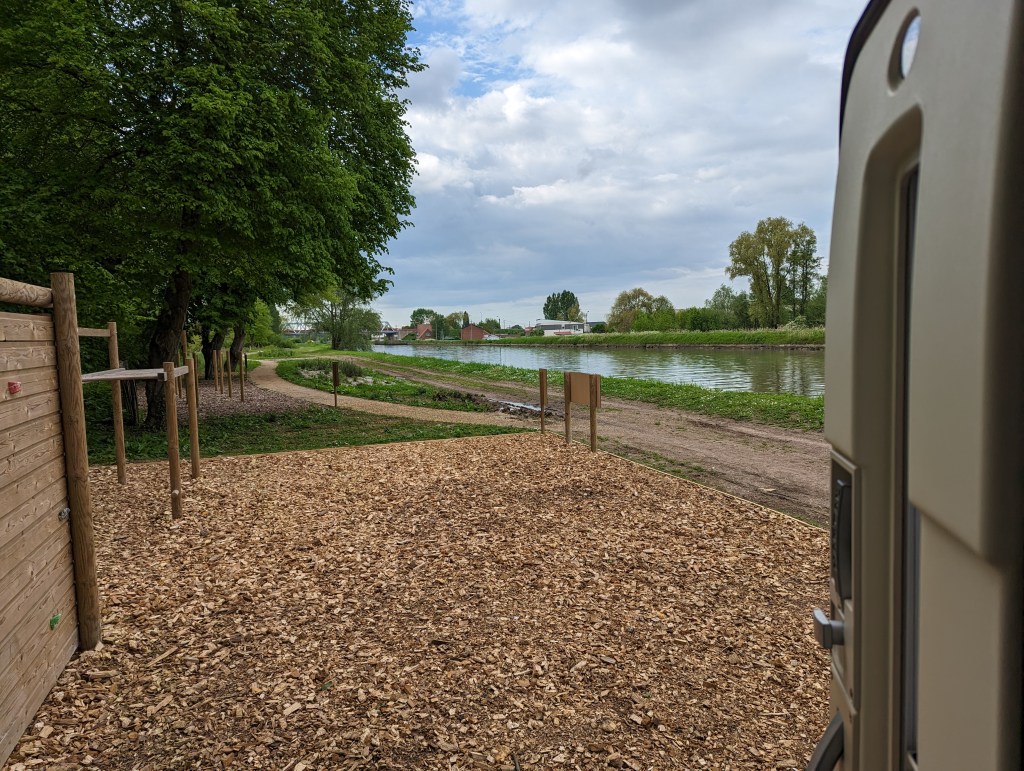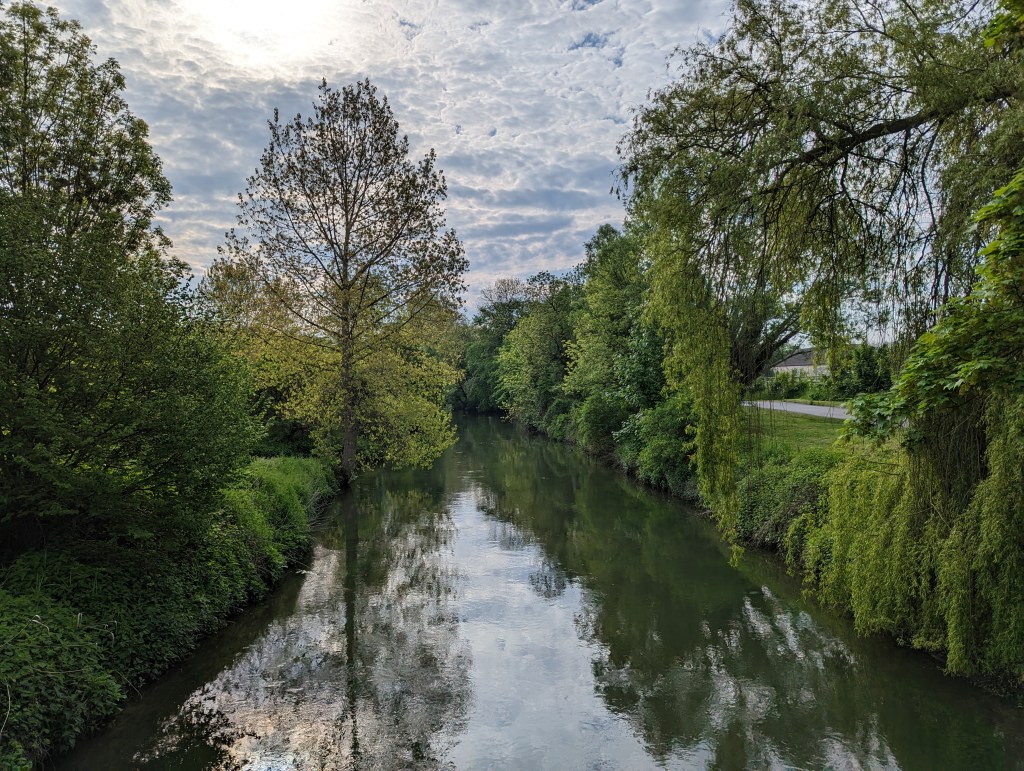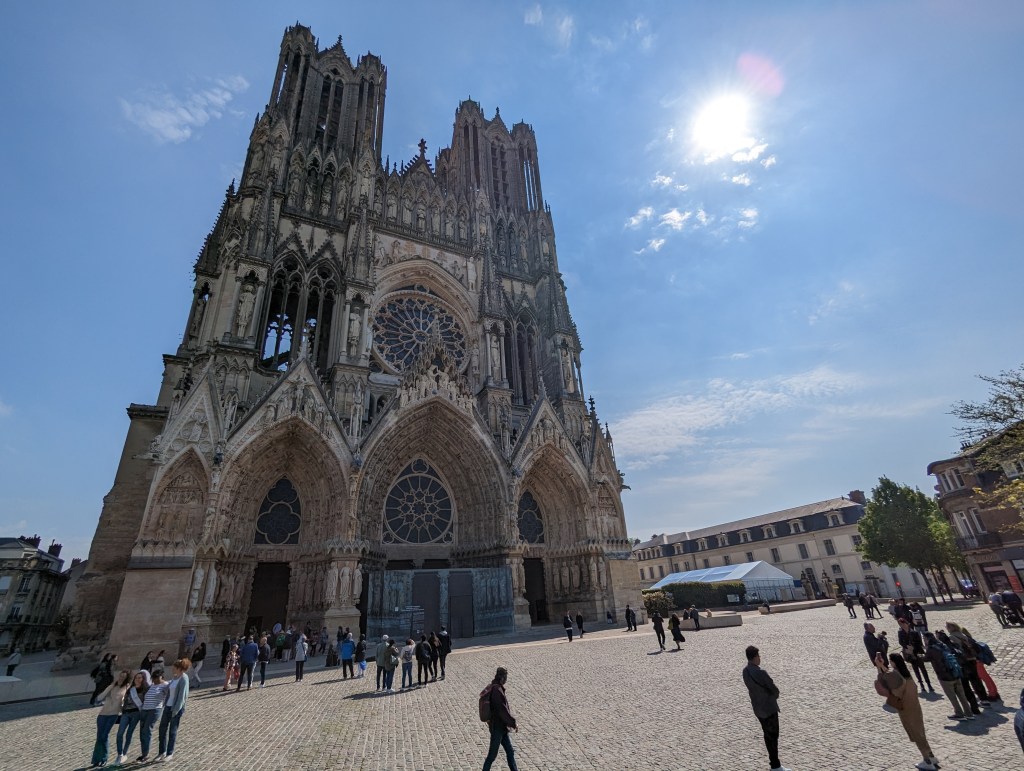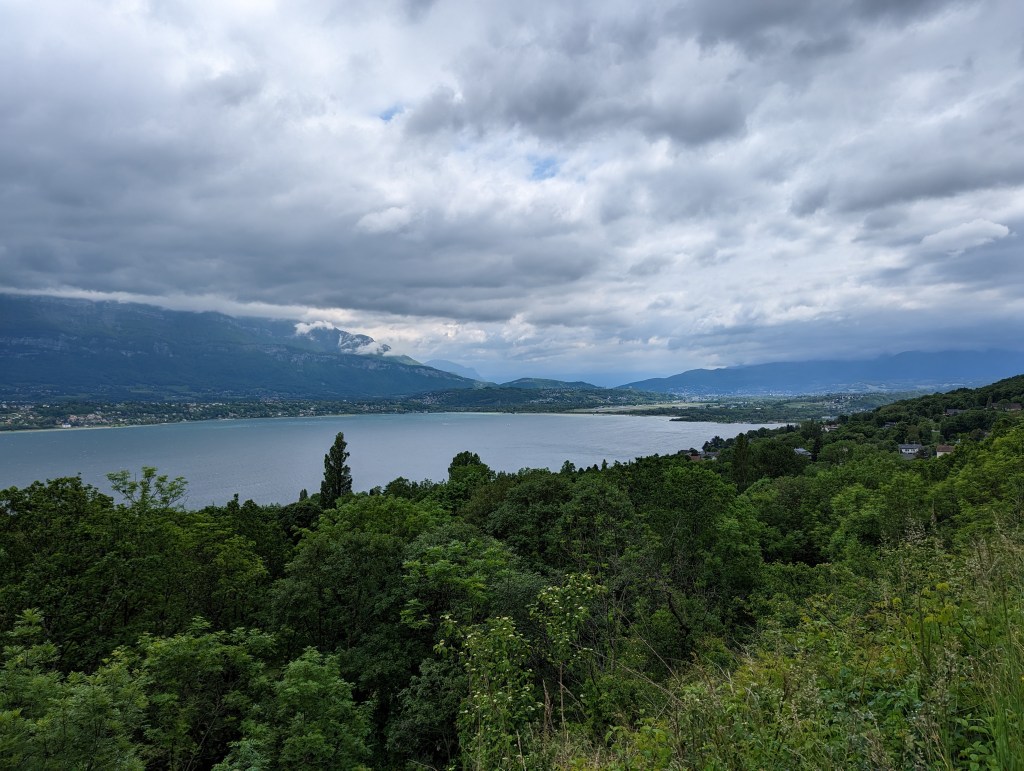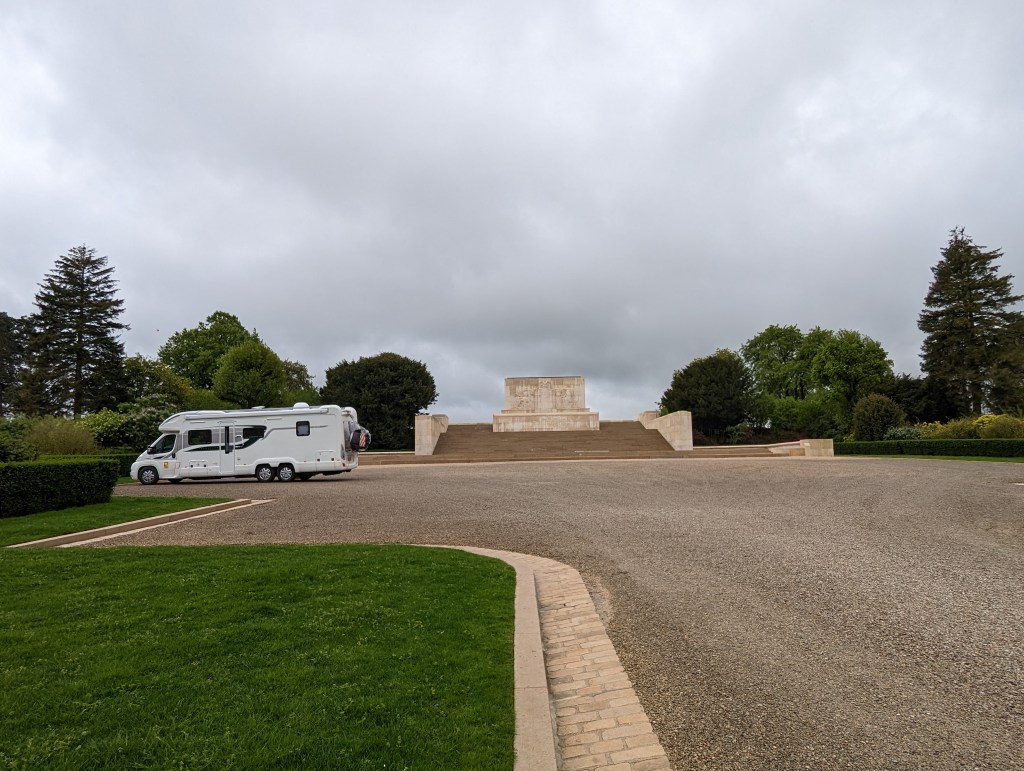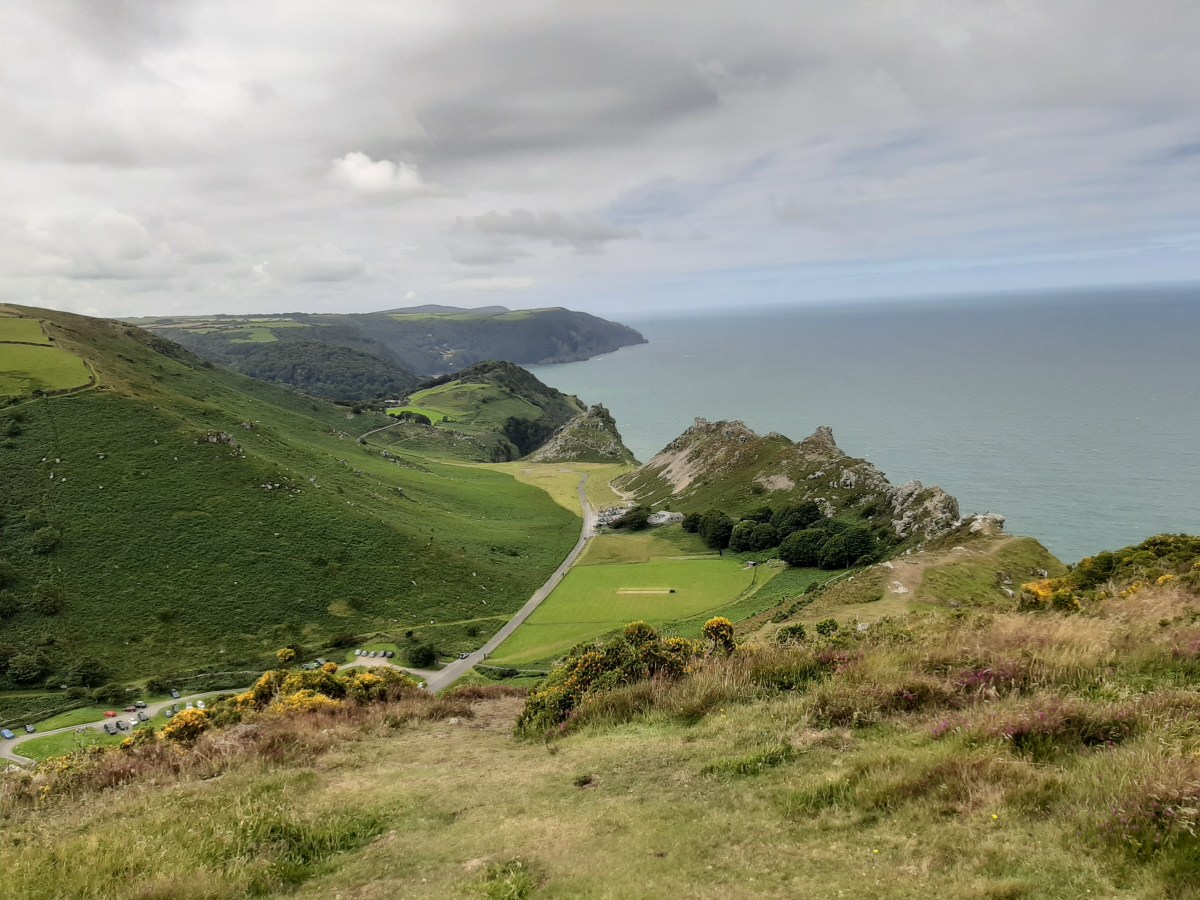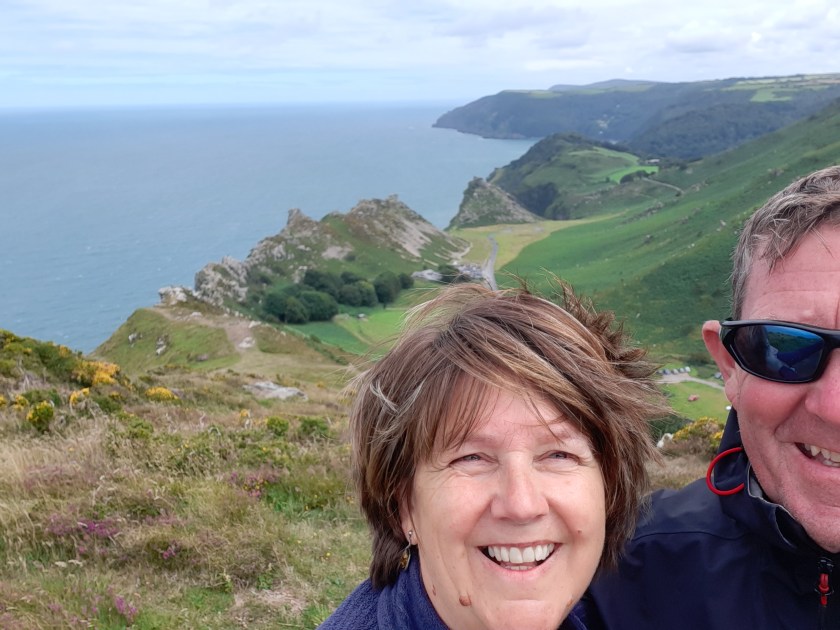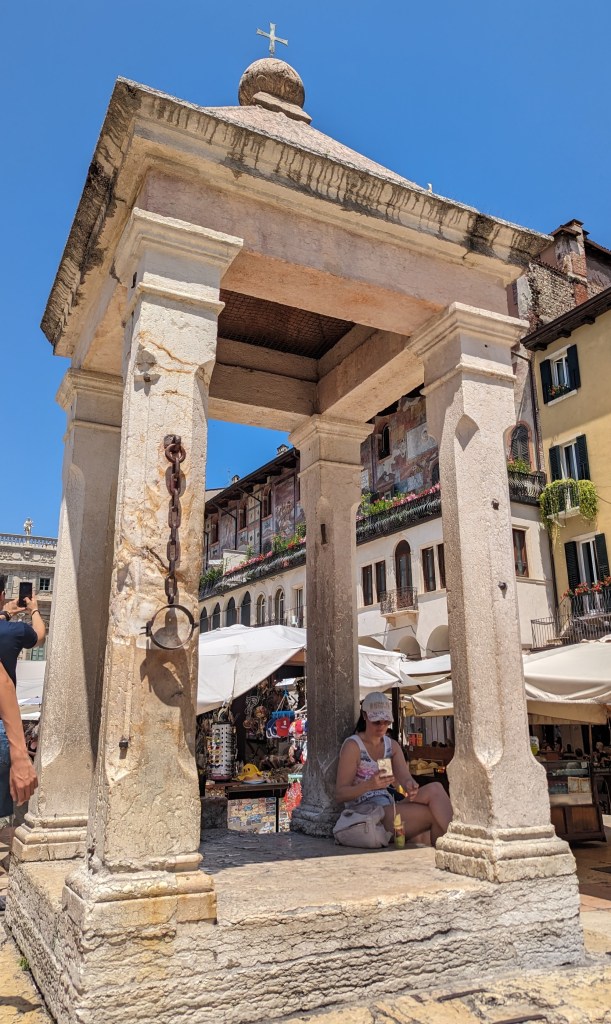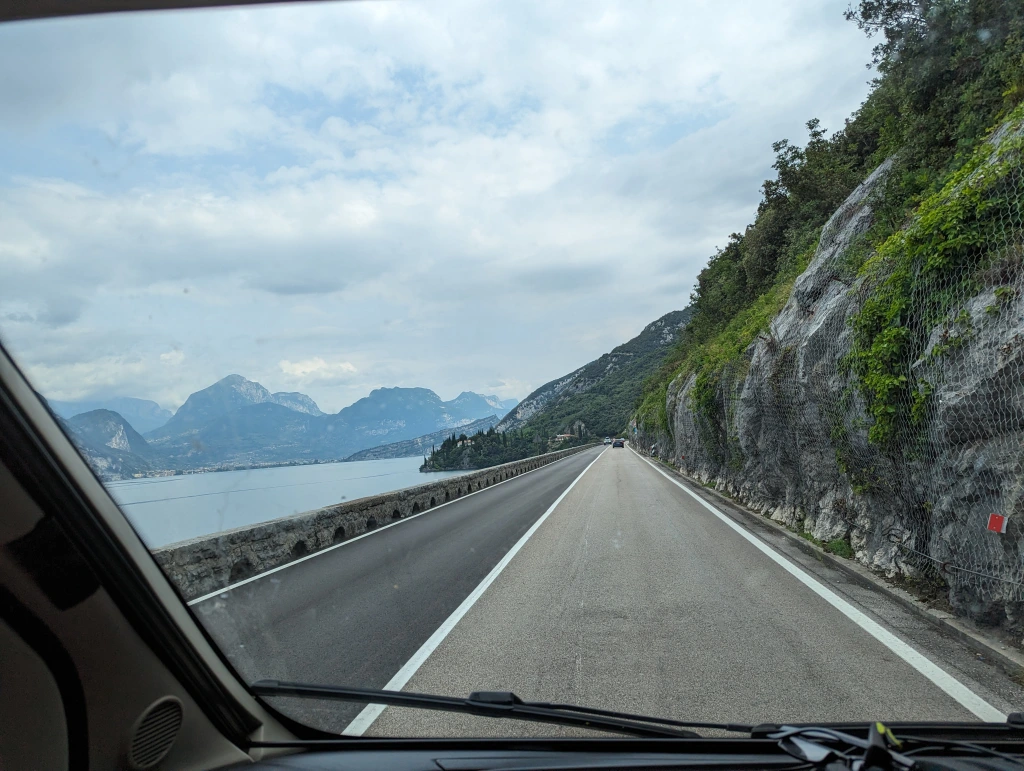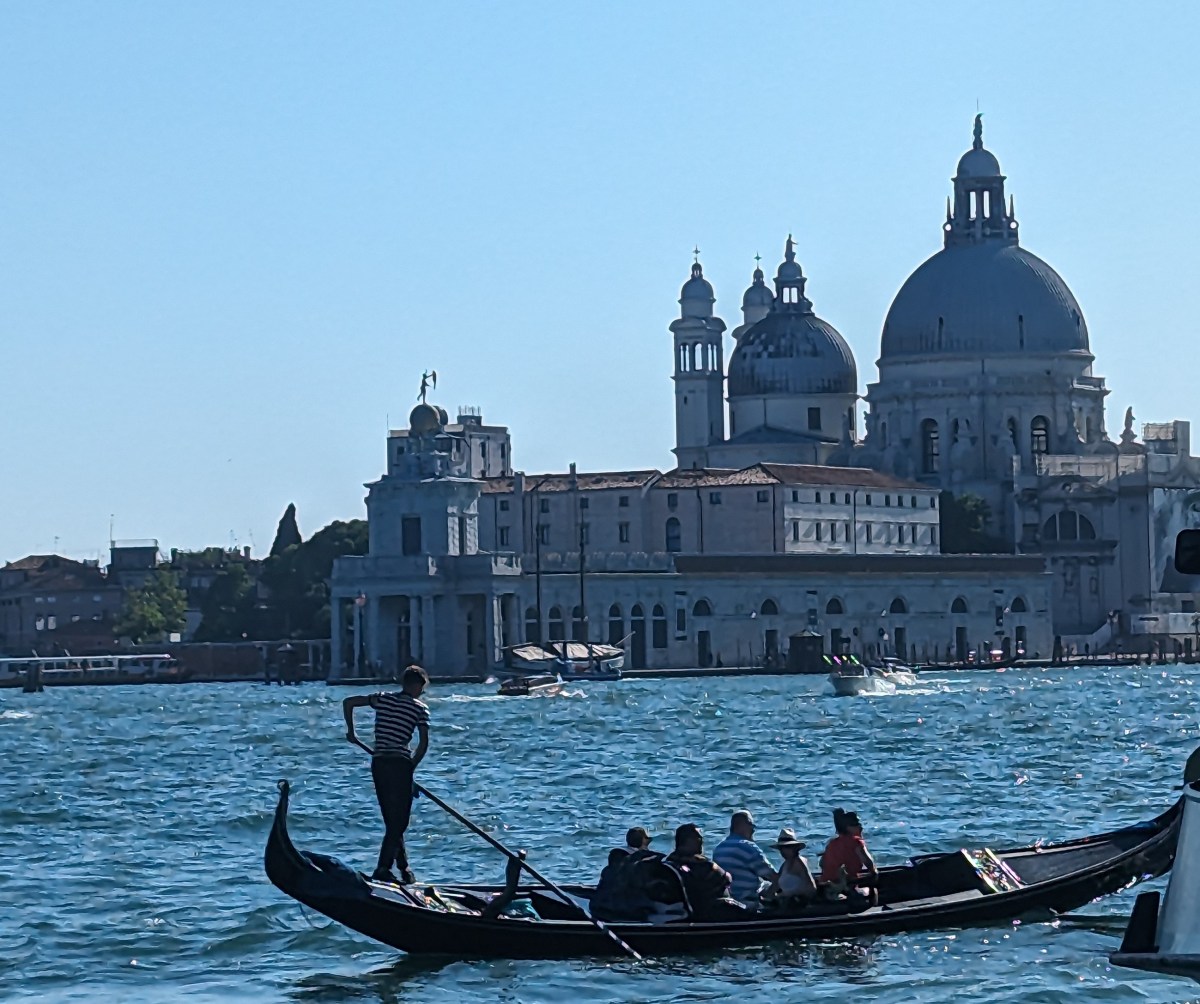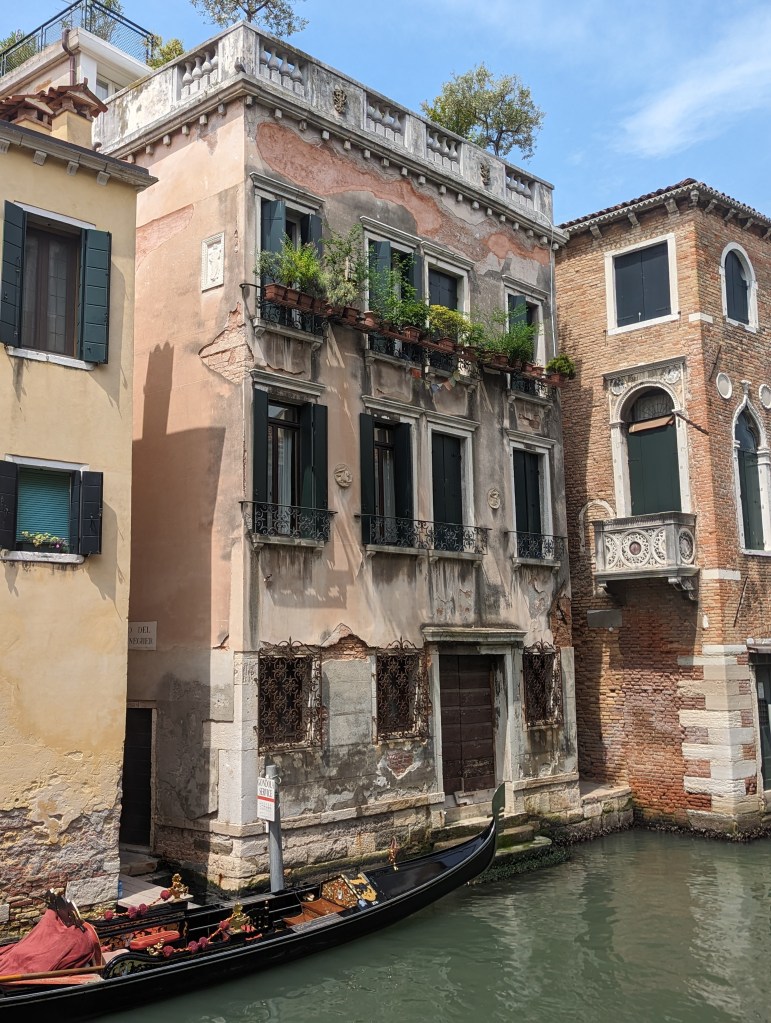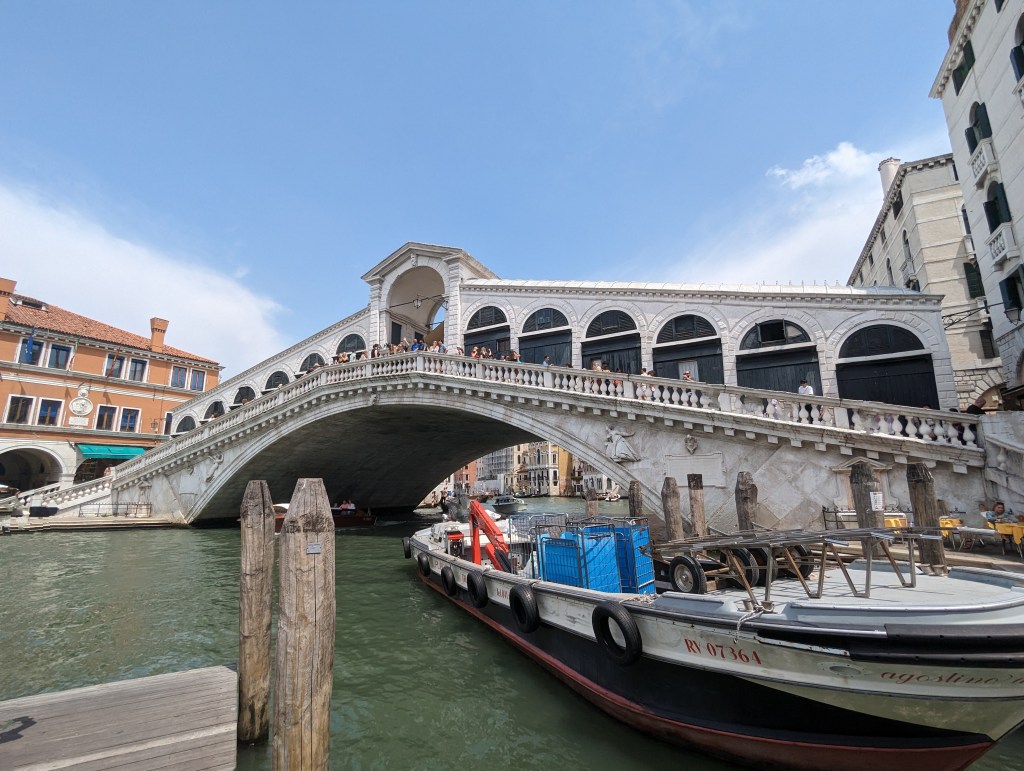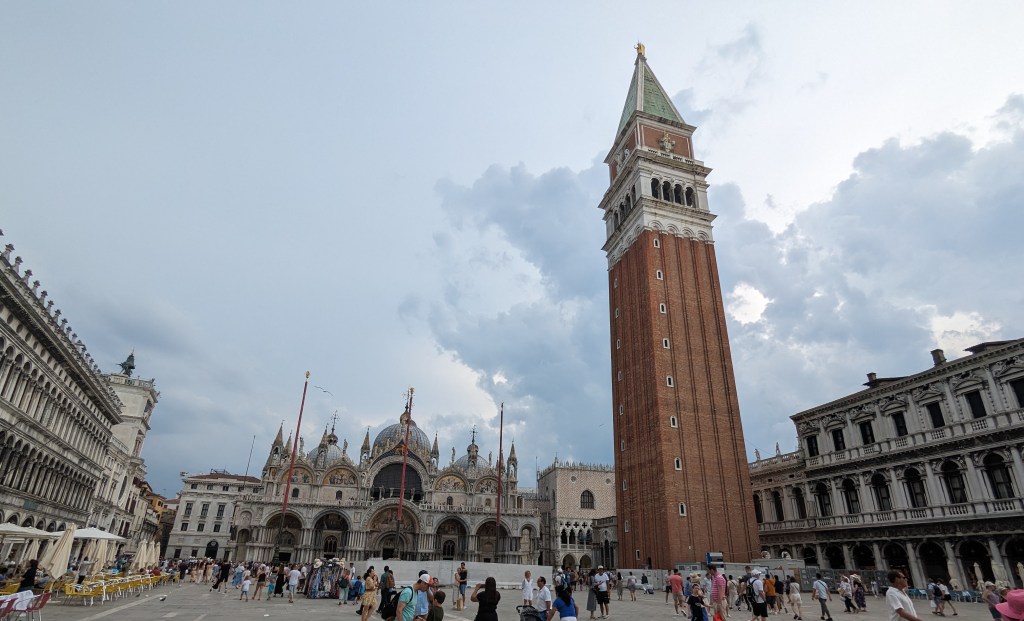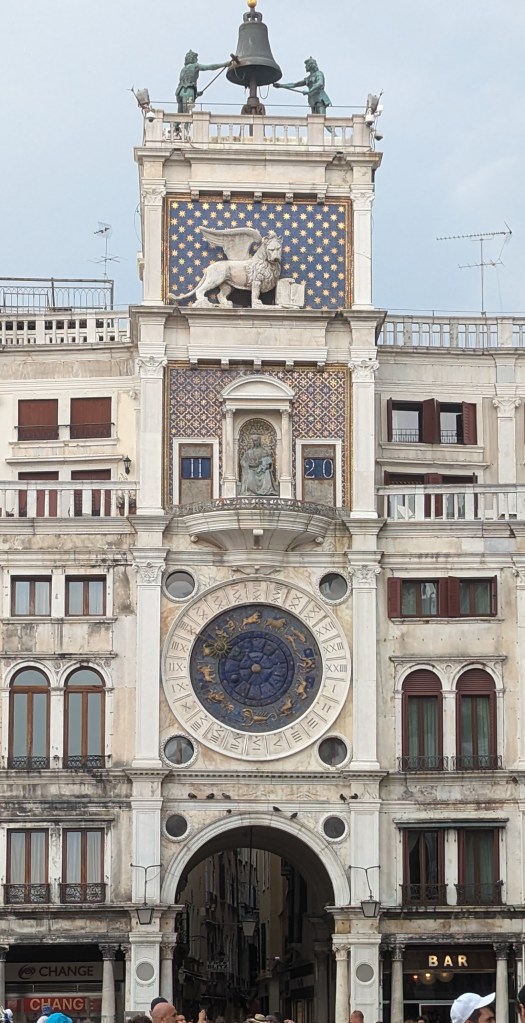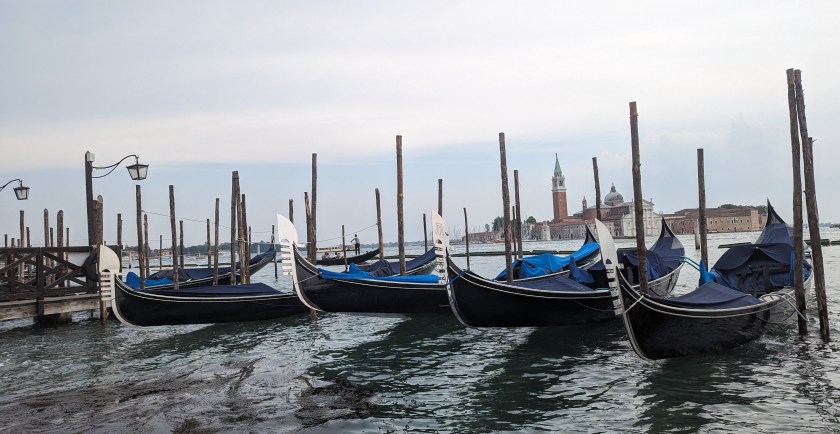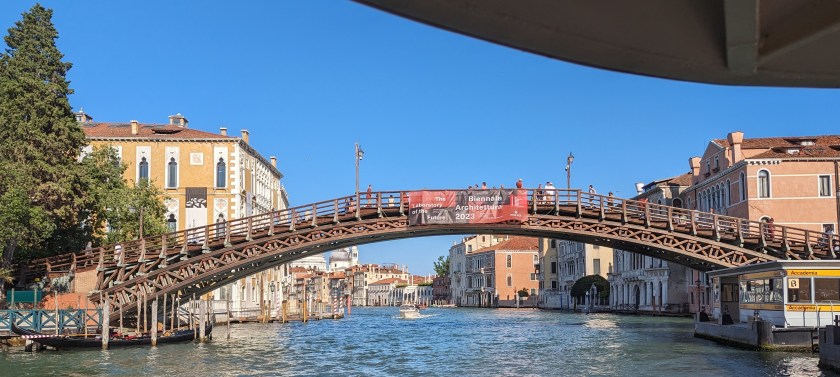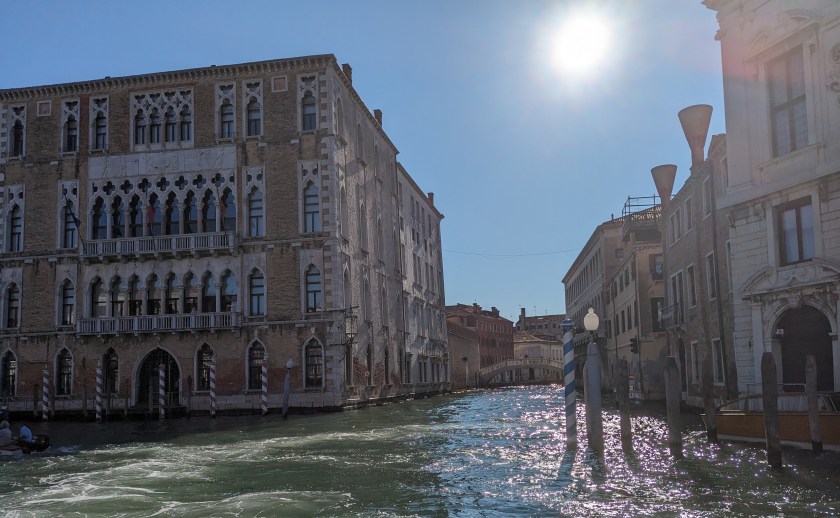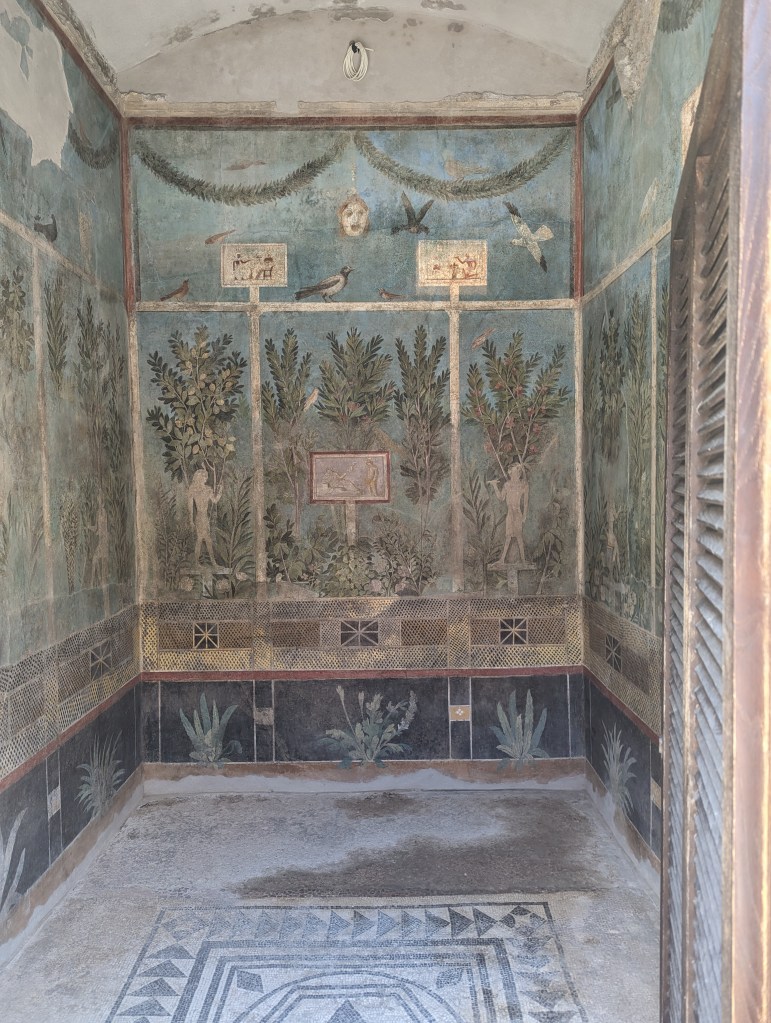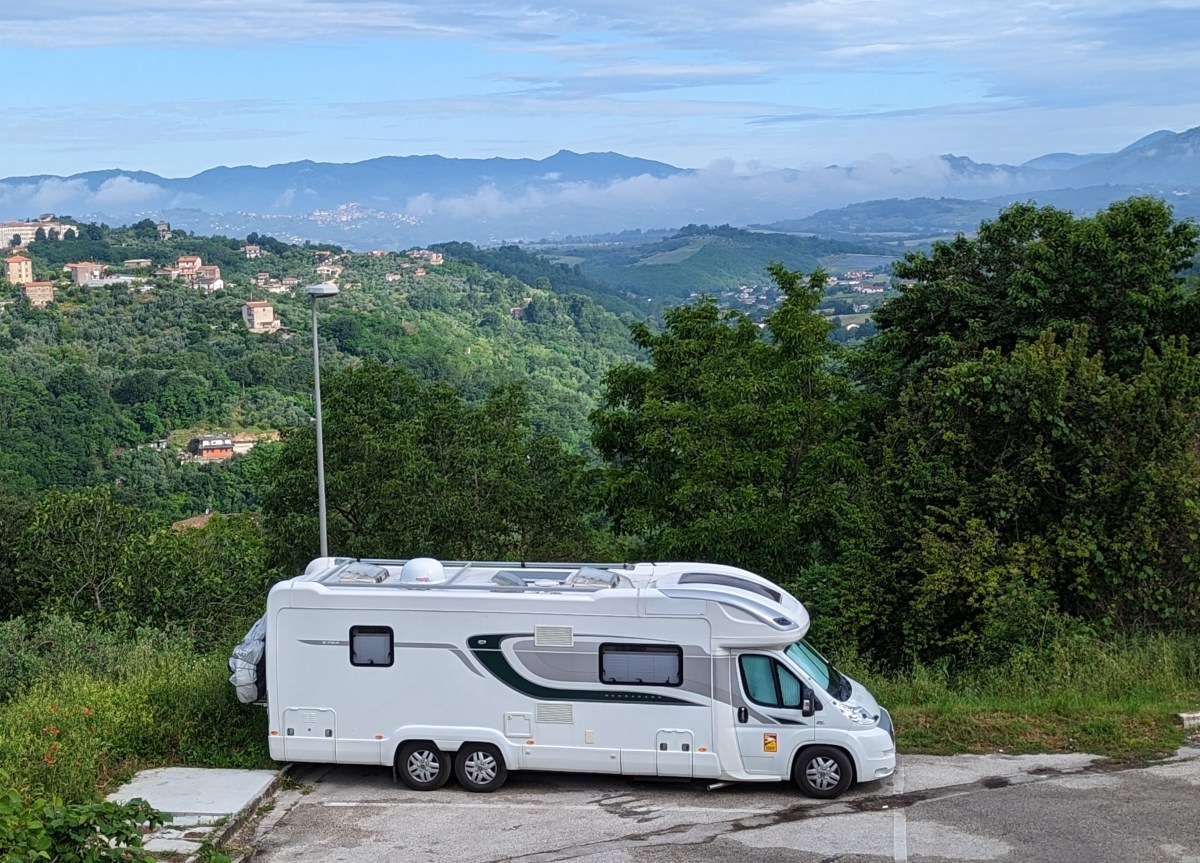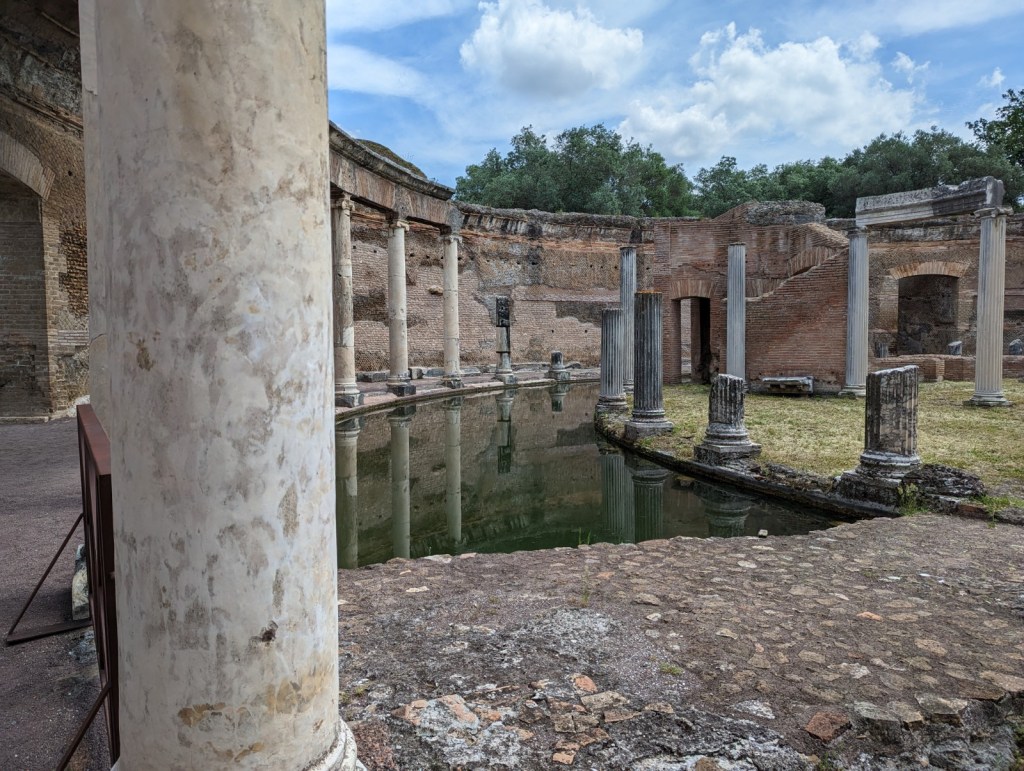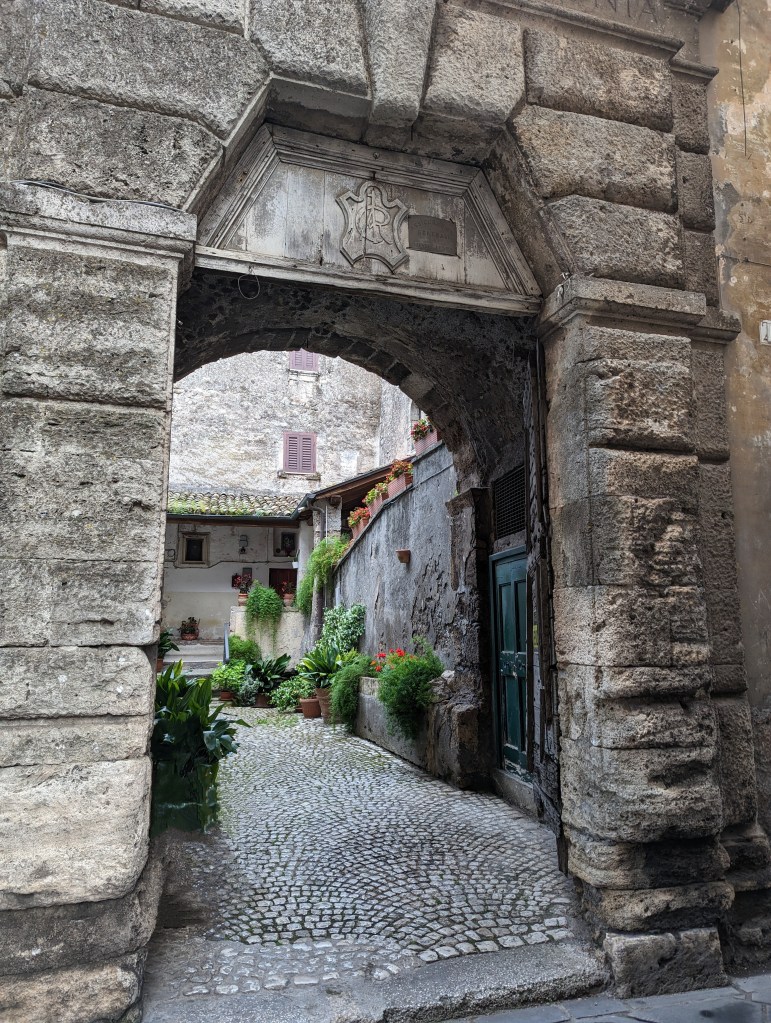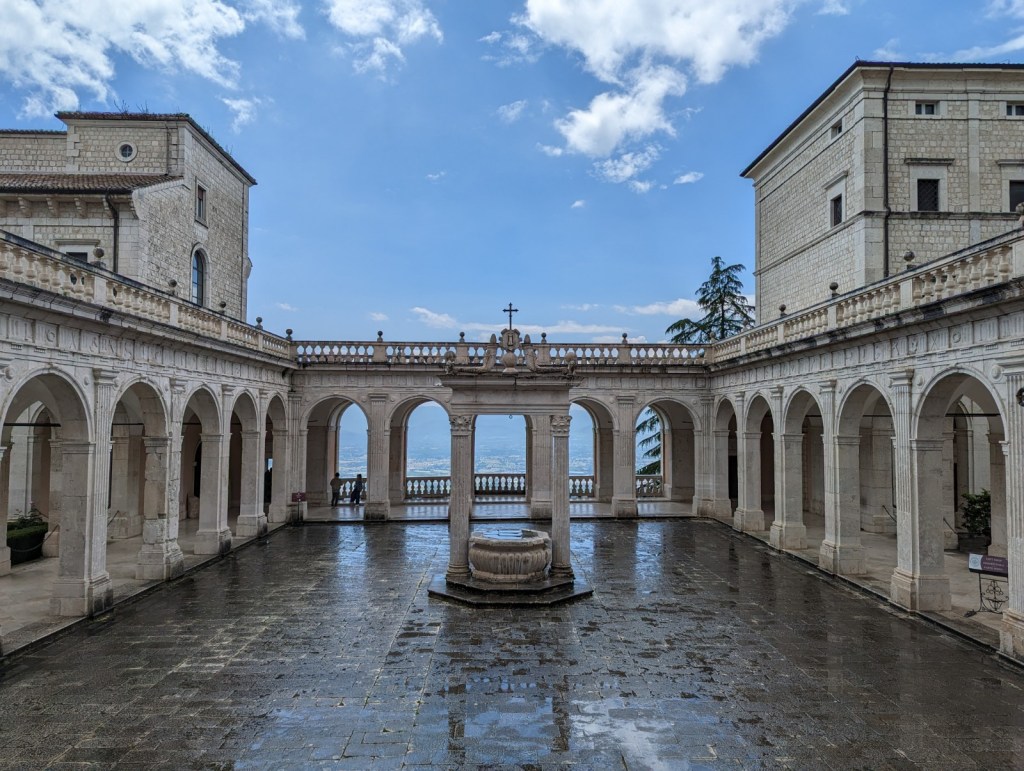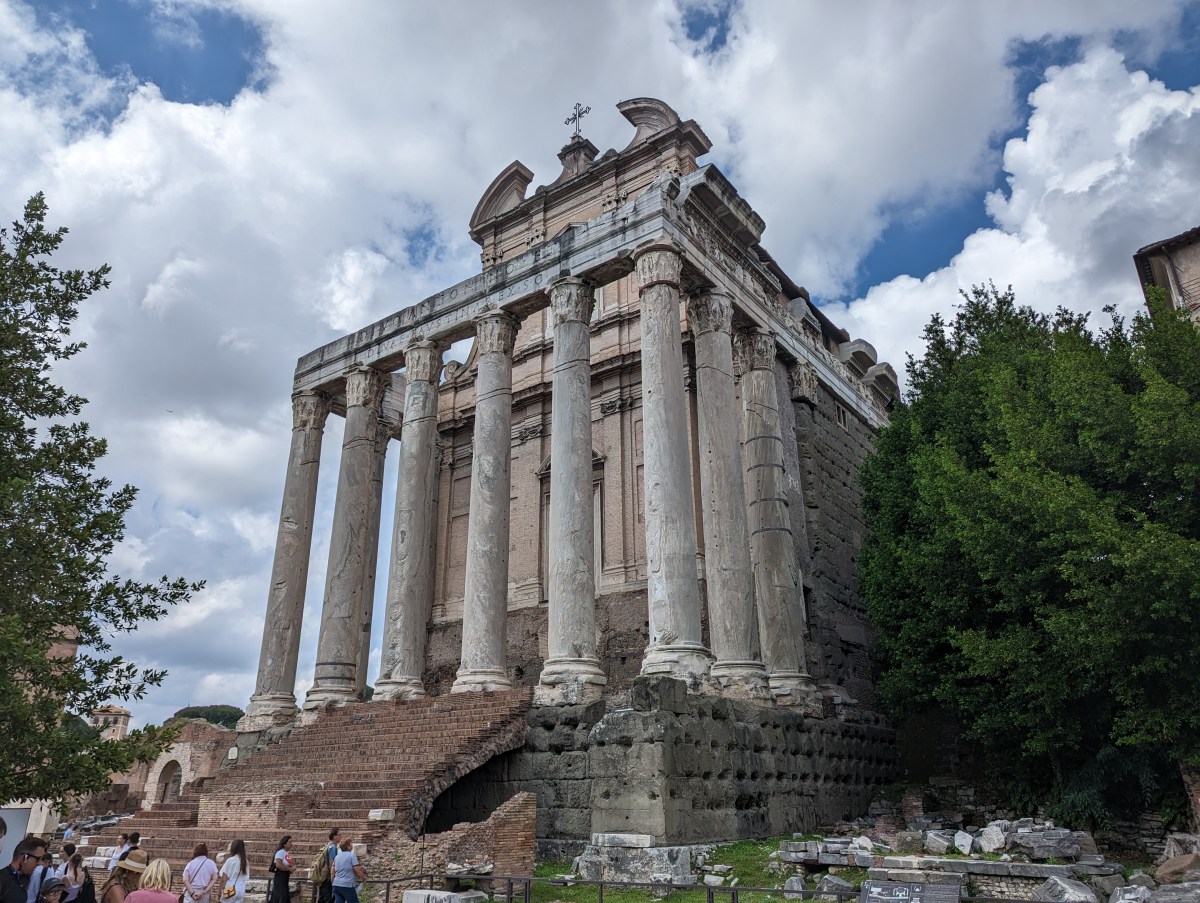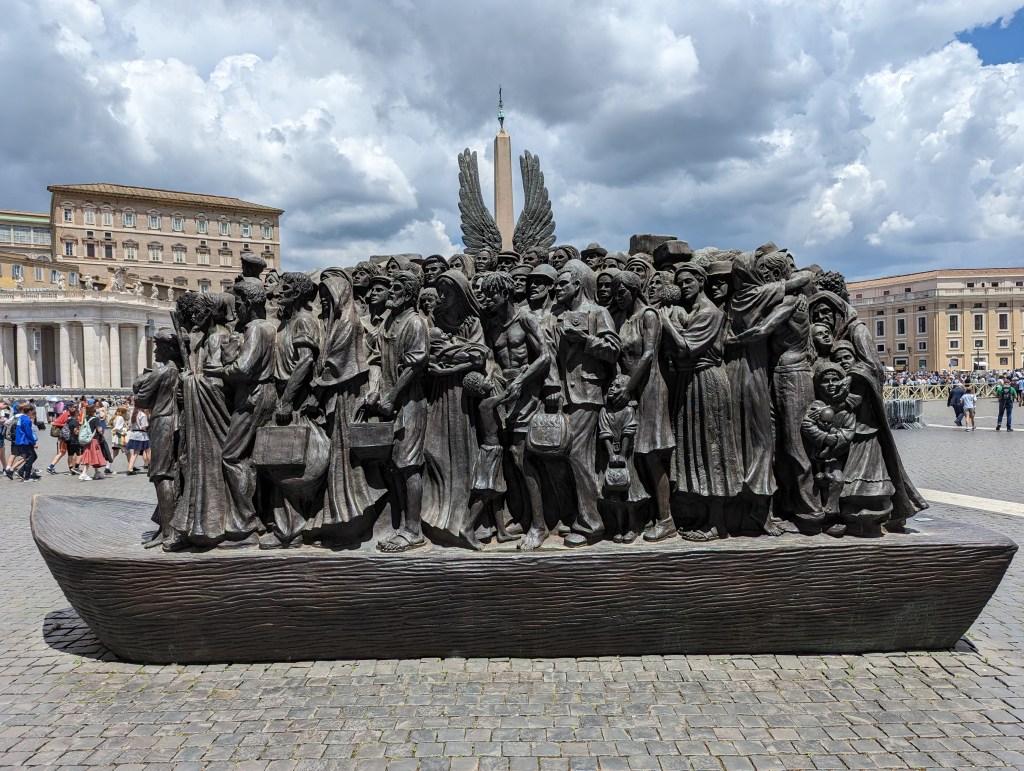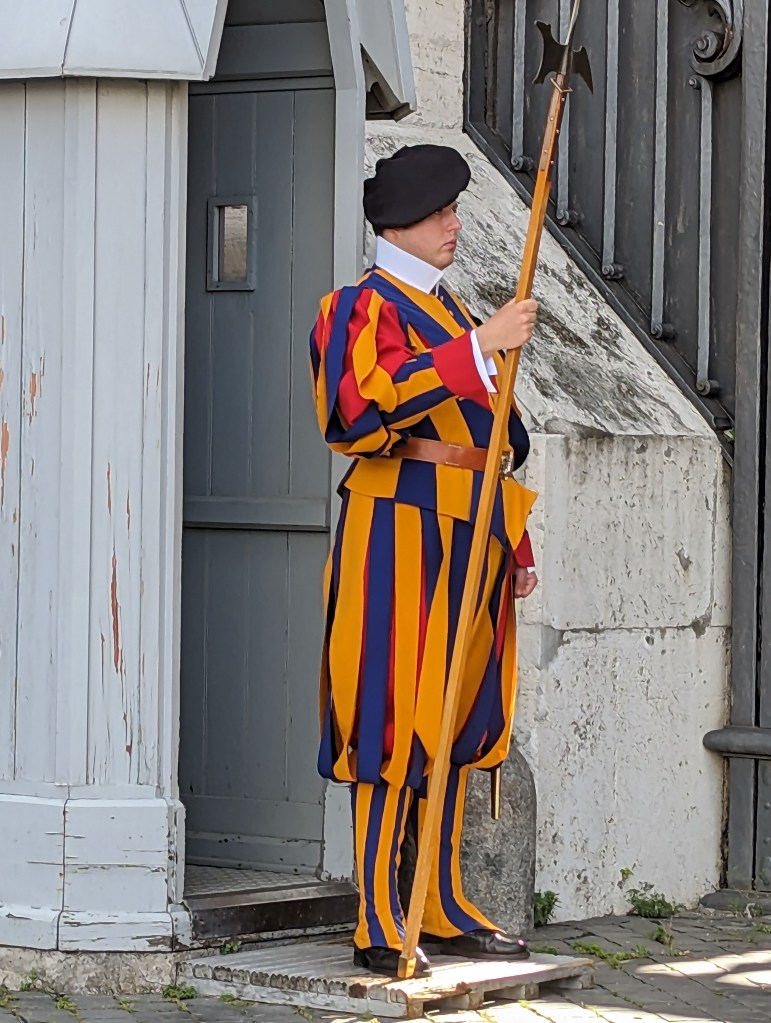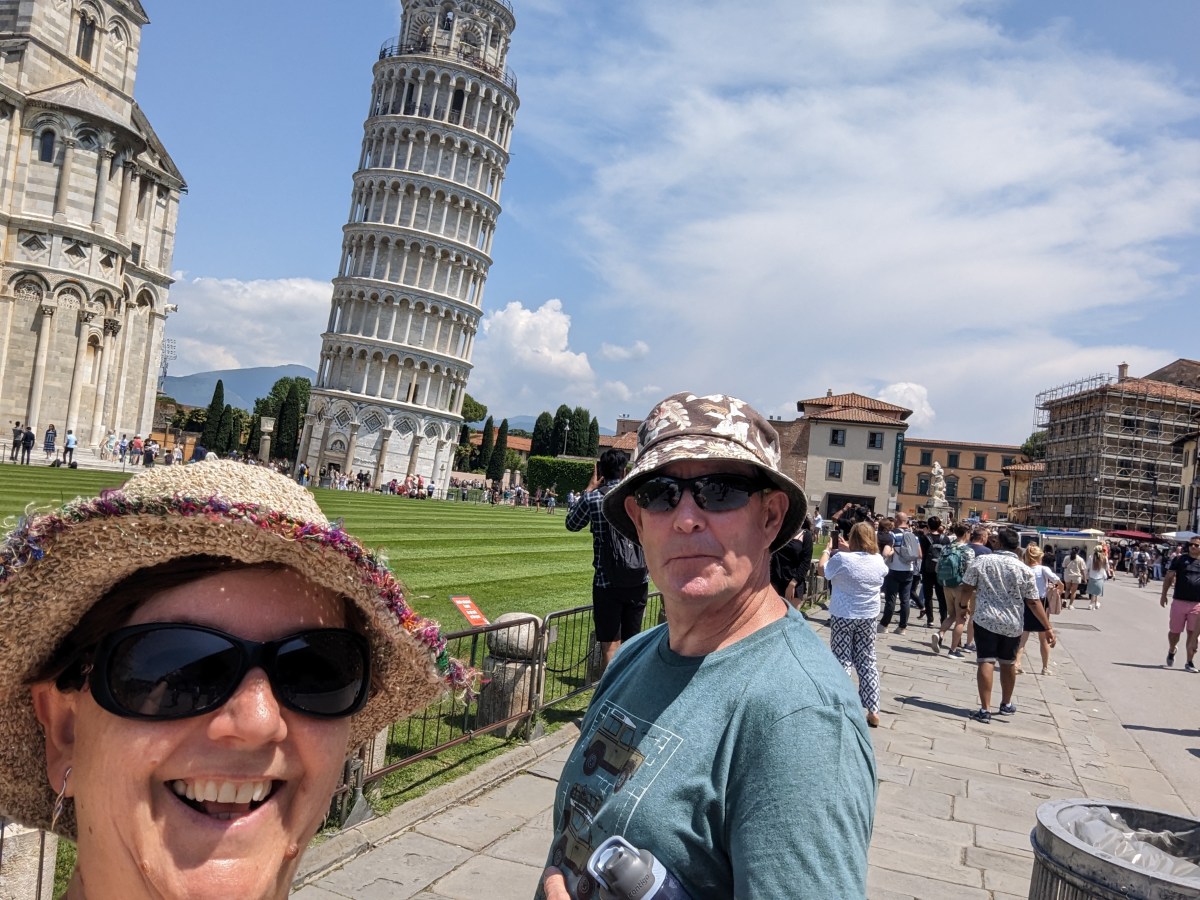We left the UK at the beginning of February hoping to find some cheerier weather for a few months.
However, the start of our journey through France was wet all the way. I mean it literally hardly stopped raining! Usually we take our time travelling through France (anything up to a week) but this time we were heading into Spain at the earliest opportunity (into Northern Spain), and had just 4 overnight stops (Dieppe on the evening we arrived, Marboue, Vivonne and Morcenx-le-Nouvelle). We managed a short walk out at 2 of the stops but otherwise ‘rain stopped play’!
As we crossed into Spain however, the clouds parted, revealing blue skies. We had no rain then for about 10 days. Bliss 🙂
Our first stops in Spain were the charming towns of Olite and Teruel, each offering a glimpse into the country’s rich history and culture. From medieval castles to quaint cobblestone streets and medieval architecture to red sandstone gorges just waiting to be explored.
We had visited Olite before en-route through Spain, but we didn’t stay and we couldn’t visit the Royal Palace as it was closed on that occasion. We did this time though and it was well worth it 🙂 Olite is a lovely old town with lots of narrow streets to explore.
Teruel was getting ready for an annual festival celebrating the doomed lovers that the city is famed for. This means that we were treated to drum practice for the whole evening! The town itself was adorned with flags and there were people everywhere, meaning that the cafes and restaurants were full to bursting. We did walk down to the town (which then entailed a steep uphill slog back to the van) and have a wander around. We had already walked around the red gorges that border the main road into the city.
Of course, this meant leaving the path and finding our own way down to other pathways and then having to try to find a suitable way back up 🙂 Again an uphill walk back to the van…





Teruel and Olite
We were now ready for some sun and relaxation so we headed to Alannia Costa Blanca for an 11-night retreat – we’ve been here before so knew what to expect.
On the way though we spotted a castle on a hill in the distance. We decided to go to investigate… As we got nearer it was clear that it was situated in a tiny little village and the way up was via a series of switchbacks. Imagine my surprise when Calv commenced driving up said switchbacks! This entailed some manoeuvring to get round each corner (and me with my head in my hands at times). We didn’t quite make it to the top but managed to park up safely and walk up to explore. Only there wasn’t a lot to explore as the castle was very much a ruin and the town had take over the majority of it. Good adventure though! (We had to reverse back down to the first switchback…)


Switchbacks up to Castillo de Moya
Once settled in Alannia we made it our mission to fully relax 🙂 We took advantage of the facilities on site; playing pool, using the bar, table tennis, tennis, sitting by the pool, playing their impossible pitch & putt course and using the site as a running track (managing several 5k runs).
However we did also get out on our bikes most days, mainly to go shopping in Catral, but also cycling along the country lanes behind the site. We found Abanilla and a very strange park, but not what we were looking for (as someone had told us about it), the site of the Abanilla concentration camp from the Spanish Civil War. However, we did some more research and were successful on another outing. There is nothing left of the camp but there is a sign up, and it was a somber reminder of the country’s tumultuous past, and we took a moment to reflect on its significance.

Site of the Abanilla Concentration Camp (Spanish Civil War)
This was just the start of our Spanish sejour and our next stop was another site that we have visited several times at Los Banos de Fortuna. The draw here are the spa pools and the quirky little town. There are also ruins of a roman bath, but these are currently hidden behind a large wall (we did go through a gap and have another look around though – ssh…)
We were the only British van on site but we had an evening out at Tina’s bar, where we chatted with Tina and Nicky and ate some fresh broad beans brought in by a Spanish regular, Mundo, the goat herder 🙂
We also tried to cycle across the desert to a nearby town, but had to abort as the winds were so high, with some really, really strong gusts. They didn’t bother Calv of course, but I was hating every second, so we turned around and explored the 3 abandoned houses that offered a little shelter on the way back 🙂


Abandoned house of Los Banos and the ruins of the Roman Baths
On leaving Los Banos we made our way down to the coast, but we stayed up in the mountains heading via Granada. We loved doing this and I will tell you about it in my next post 🙂
Until then, you keep safe and we’ll keep travelling 🙂



